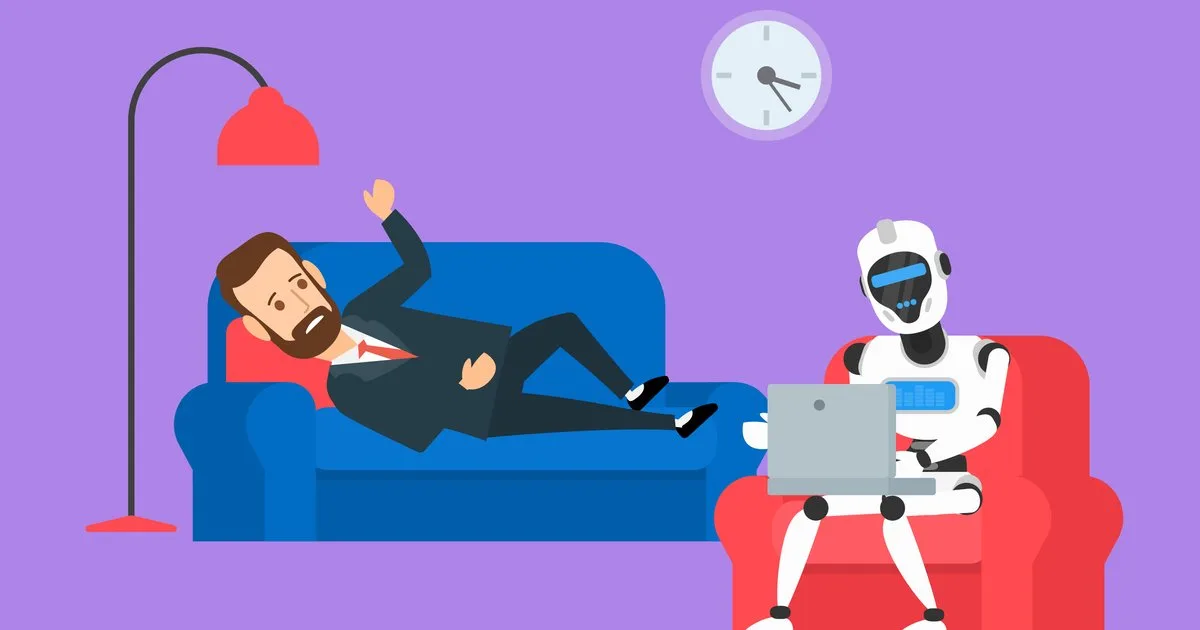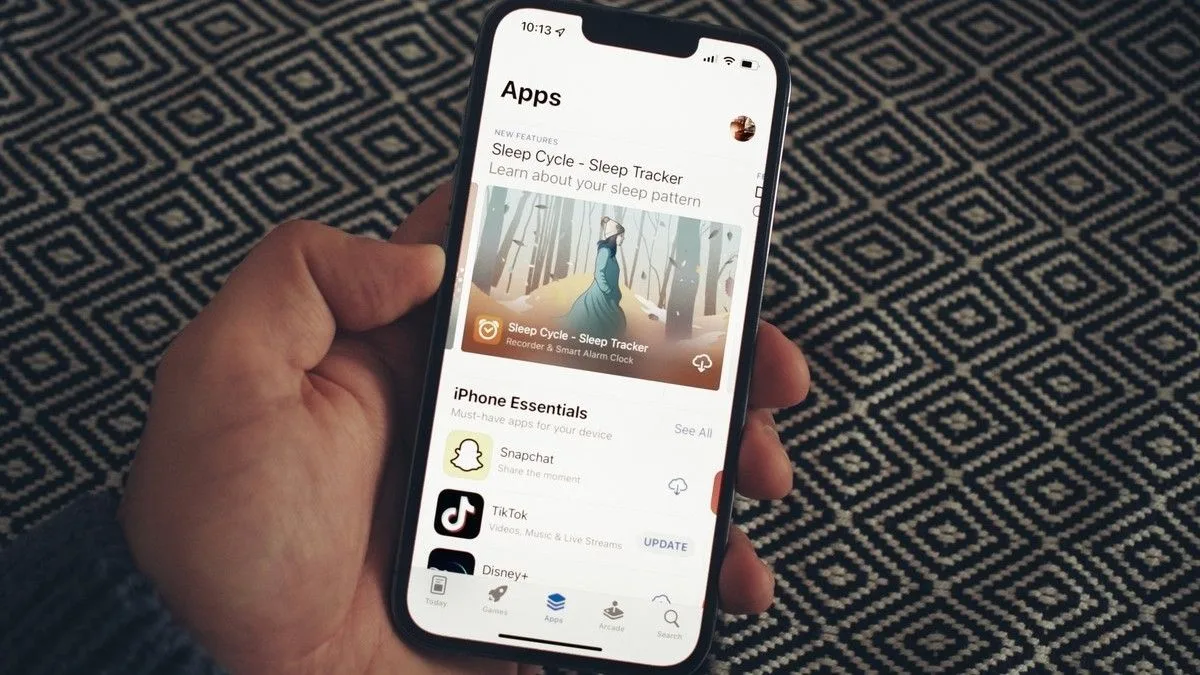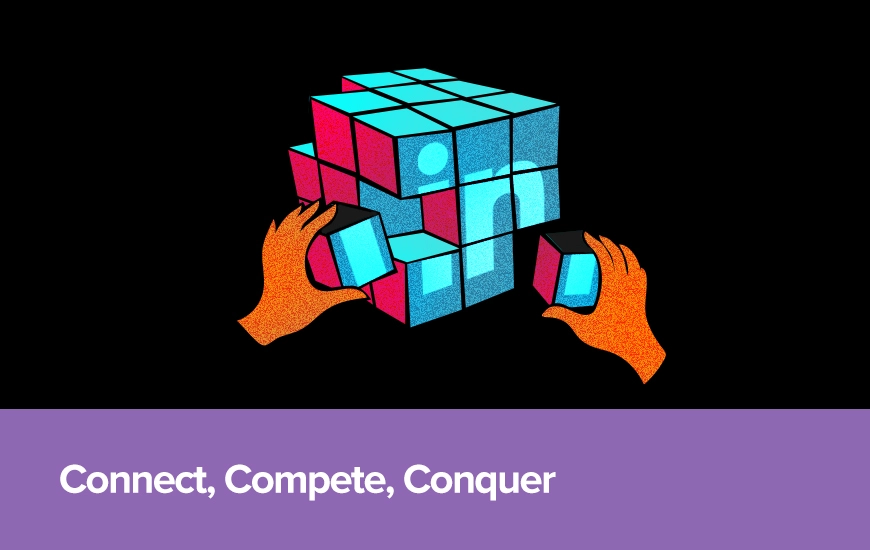This is your brain on dating apps
Match Group declined to comment on how they determine compatibility. However, in a recent interview with Fortune Magazine, Hinge CEO Justin McLeod denied the app uses an “attractiveness score,” and instead builds a “taste profile” based on each user’s interests as well as like and dislike patterns. In a company post, Hinge says they use the Gale-Shapley algorithm to pick pairs most likely to match.
Are these apps designed to be addictive?
As with any other social media platform, there’s reason to believe that dating apps want to keep their users engaged. “Dating apps are companies,” says Kathryn Coduto, an assistant professor of media science at Boston University. “These are people that are trying to make money, and the way they make money is by having users stay on their applications.”
Match Group denies the allegation that their apps are designed to promote and profit off of engagement rather than connection. “We actively strive to get people on dates every day and off our apps,” a company spokesperson said. “Anyone who states anything else doesn’t understand the purpose and mission of our entire industry.” In his Fortune interview, McLeod also maintained Hinge’s algorithm isn’t trying to steer users to pay for a subscription.
Fisher, the longtime chief scientific adviser for Match.com, agrees, saying the best thing for business is for users to find love and tell their friends to sign up too.
Cheng “Chris” Chen, as assistant professor of communication design at Elon University, says that while the specific algorithms are kept secret, the way they’re designed is “not exactly neutral. Take swiping: it is just more fun than tapping, making the whole process feel more like a game,” she says.
Dating apps also use clever tactics to keep users coming back, she says, such as push notifications and the “random rewards they offer, which really get our brains excited because we can’t predict when we’ll get a match.”
As social media platforms go, Stanford sociology professor Michael Rosenfeld sees dating apps as relatively useful and true to their intended goal.
“The reality is people are making relationships and uninstalling the apps in the millions every year,” he says. “Ultimately, the app wouldn’t have any users if they weren’t connecting real people to each other.”
Is the problem dating apps, social media, or mental health?
Scientists have observed people exhibiting unhealthy behaviors on dating apps—much like those seen on other social media platforms.
“To me it’s a very blurry line between what dating apps do and what social media have done,” says Aboujaoude. People “start relying on dating apps for self-esteem purposes, for superficial connectedness, for temporary boosts to their mood.”



